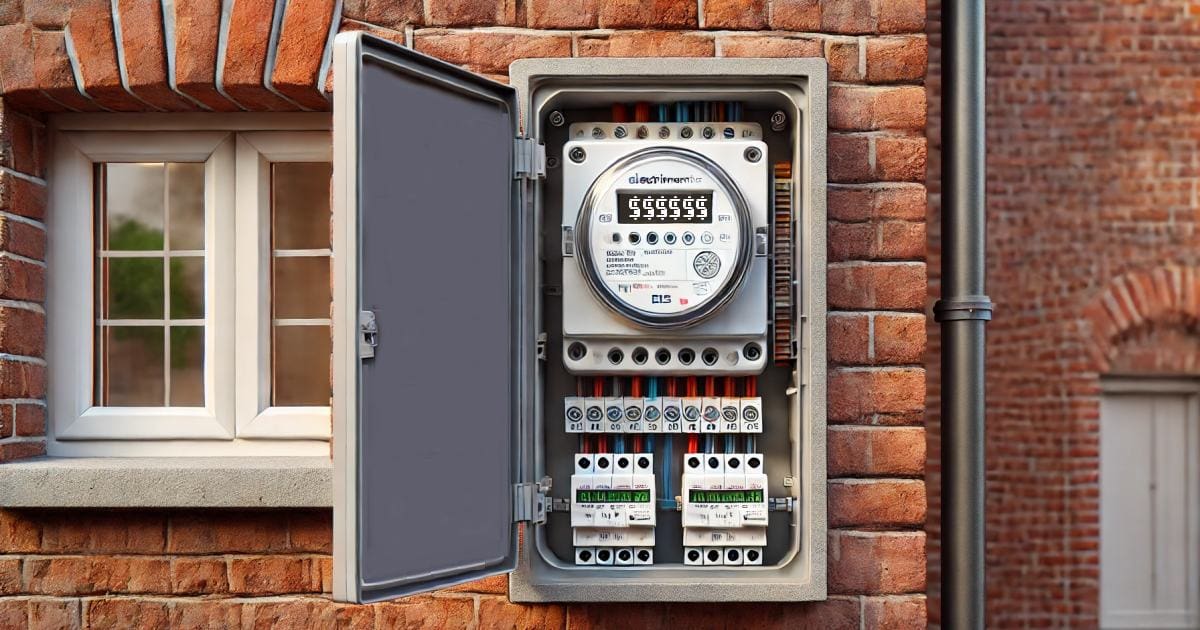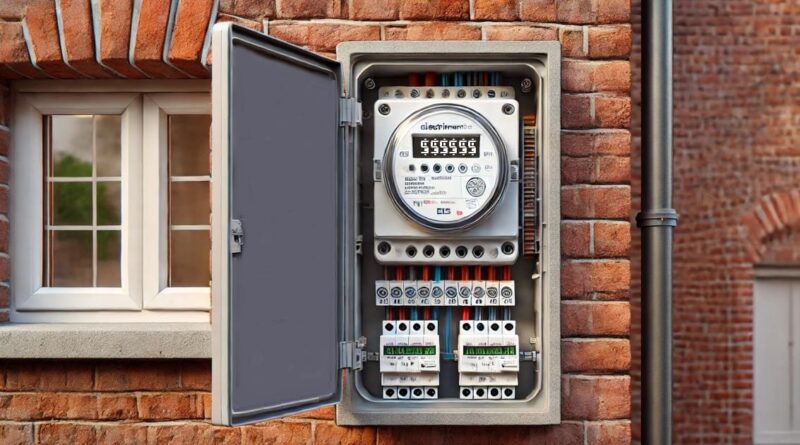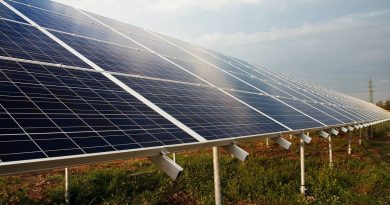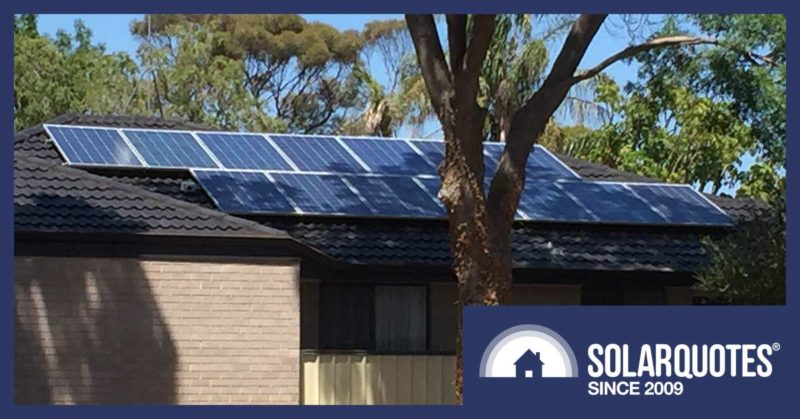Proposed Changes Seek To Stop Smart Meter Shenanigans

Australian households getting a smart meter installed will have better protection from electricity retailers behaving badly under proposed changes from the AEMC.
A smart meter measures electricity use (and exports in the case of solar homes) at regular intervals, sending this information to a household’s electricity retailer for billing purposes. All new and replacement meters have been smart meters for some years in Australia. And when you have solar panels installed, the meter is switched out for a smart device unless one is already in place.
Aside from remote meter reading, among other benefits of smart meters is the ability to provide customers with more information on how and when they consume and generate electricity. But some electricity retailers have been using the devices as an opportunity to switch customers onto Time-of Use (ToU) or demand tariffs without their consent – and without a way back to flat rate tariffs if the plan doesn’t suit.
What Are ToU And Demand Tariffs?
As the name suggests, time-of-use tariff rates are charged based on the time of consumption. There can be a huge difference in rates during the day when solar electricity exports push wholesale prices down compared to peak demand periods. As an example, here’s the retail tariff structure of a ToU plan currently available in SA:
- Peak: 6am – 10am, 3pm – 1am: 56.98 ¢/kWh
- Off peak: 1am to 6am: 30.80¢/kWh
- Shoulder: 10am – 3pm: 18.04 ¢/kWh
- Feed-in tariff: 8.5 ¢/kWh
- Daily charge: 123.86¢
Time-of-Use works out well for some households – not so much for others.
As for demand tariffs, they can offer cheap grid electricity charges per kilowatt-hour, but also have a demand charge based on peak power draw in kilowatts. An electricity customer may go over the threshold by running multiple energy-intensive appliances concurrently – even if for a very brief period – and be whacked with a hefty demand charge.
Consumer Protections Proposed
The Australian Energy Market Commission (AEMC) is aware of numerous consumer complaints about electricity retailer trickery in relation to forced switching to time-of-use or other unexpected tariff changes after smart meter installation. An AEMC “consumer-focused” comprehensive review of electricity pricing, products and services in Australia is under way.
And just last week, the AEMC announced a consultation on proposed rule changes that would ban electricity customers being subjected to tariff switcheroos without their consent after the installation of a smart meter. This right would be good for three years after the meter has been installed. After that, an electricity retailer can shift a customer to a new retail tariff structure without explicit informed consent.
Additionally, certain retailers would be required to offer a flat tariff option to smart meter customers. However, states and territories will need to pass parallel regulations to implement this aspect within their jurisdictions.
Among other proposed changes:
- Electricity retailers would be prohibited from charging small customers any upfront costs for meter replacements under the accelerated smart meter rollout program.
- Retailers would be required to provide at least 30 business days’ notice and relevant information when wanting to shift customers to a different pricing structure resulting from a change in meter type.
- Providing customers the right to be given an estimate of what their historical bill would have been under a new variable retail tariff structure, compared to their current arrangement.
“We’re seeking to strike a balance between enabling the rollout of this important technology and ensuring strong consumer protections are in place,” said AEMC Chair Anna Collyer. “Social licence is critical for realising the full benefits of smart meters.”
The AEMC is inviting feedback on the proposed changes by 12 September 2024, with a decision expected by late November this year.
Queensland On The Front Foot
In regional Queensland, Ergon Energy can’t change a customer’s tariff without Ergon first obtaining informed consent. But it’s a different situation in South East Queensland. In SEQ, electricity retailers can switch any customer with a smart meter to a demand or time-of-use tariff. They are only obliged to let the customer know about the change before the next bill is sent.
It’s not a great way to win friends and influence people; but it’s happening – and the Miles Government wants to put a stop to it.
“Under the proposed change, South East Queensland households moved to time of use tariffs following the installation of a smart meter, will now be able to revert to a flat tariff,” states a QLD Government announcement. “It is designed to pair with the Australian Energy Market Commission’s three-year ban on tariff changes without consent – an initiative spearheaded by the Miles Government.”
Something I’m not clear on is if this “back to flat” option will be retrospective – and if so, how far back it would go.
While on the topic of tariffs, are you on the best electricity deal available for your circumstances? Compare electricity plans here.
Original Source: https://www.solarquotes.com.au/blog/smart-meters-protections-mb2991/


















